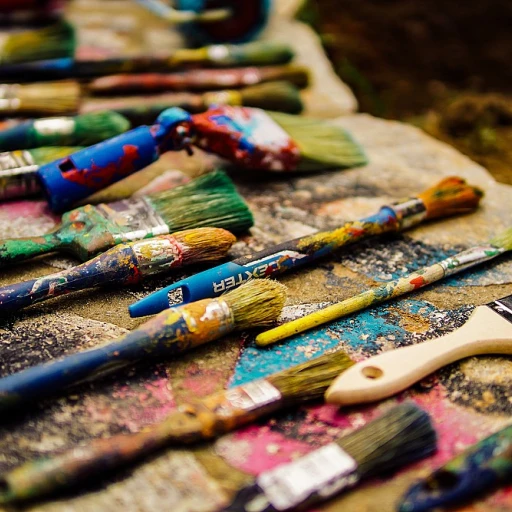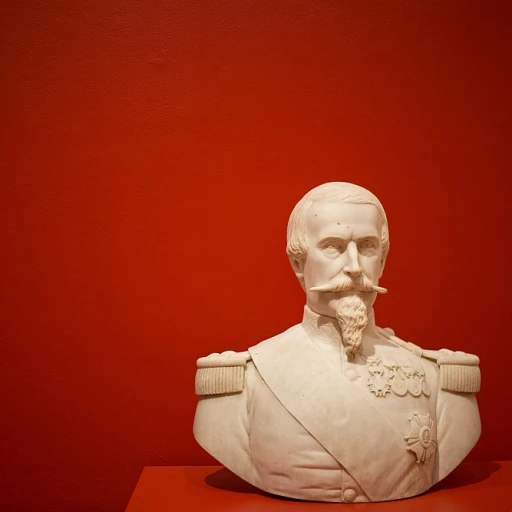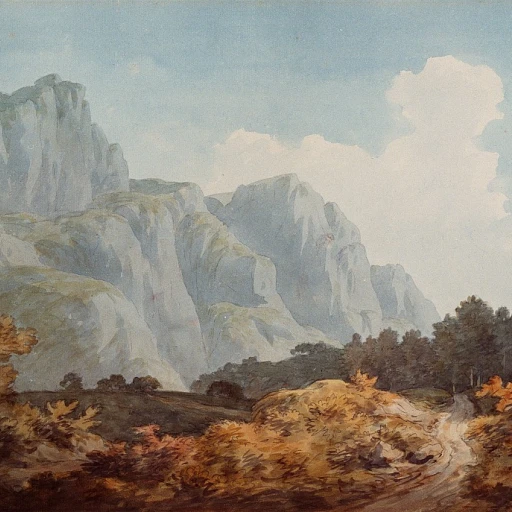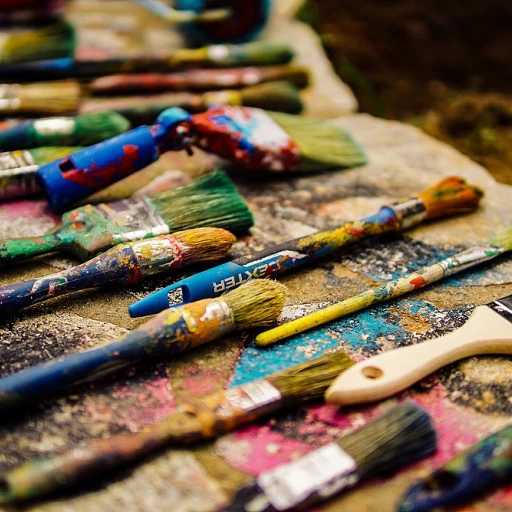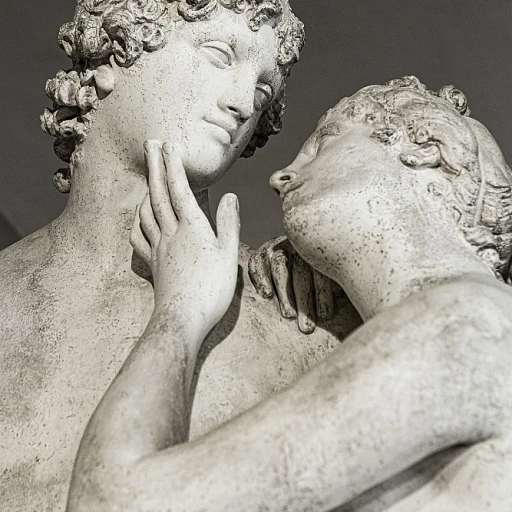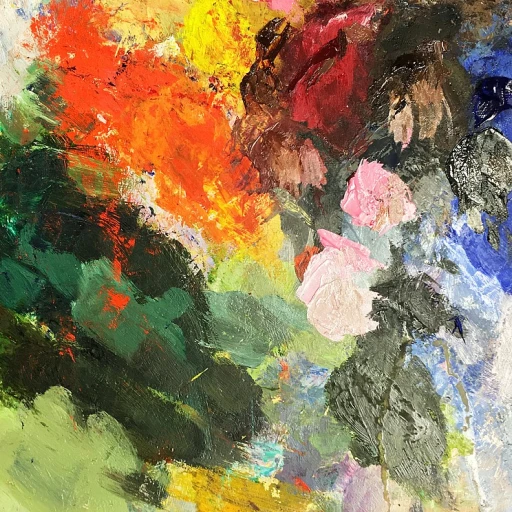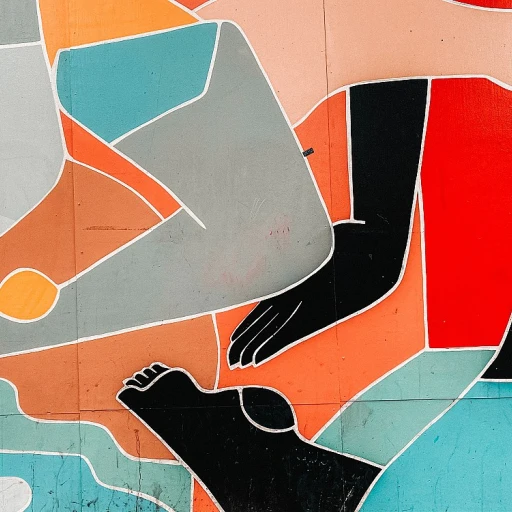-teaser.webp)
Precious Provenance: How Understanding Artwork Origins Impacts Luxury Collectors and Their Portfolios
Ever wondered why certain artworks demand eye-watering prices, while others, seemingly just as magnificent, fetch comparatively little? Spoiler alert: it's not just about the art itself, it's about the story behind it. Join me on a journey through the fascinating world of art provenance and discover how it can significantly affect your luxury art investments.
Unpacking the Power of Provenance
Provenance, or the chronology of the ownership, custody, and location of a historical object, can be a game-changer in art collection. A well-documented history can add layers of desirability and authenticity, thereby escalating the artwork's value. But do you know why and how it plays such a pivotal role? Pour yourself a glass of aged wine and let's dive in deeper.
The Provenance Premium in Luxury Art
Think of provenance as the blue-blood pedigree of your artwork. It's like having a family tree, but instead of royal ancestors, you have a lineage of influential collectors and storied institutions. This noble provenance not only inflates your artwork's worth but also protects it against forgery—a not-so-rare occurrence in the art world.
Unveiling the Historical Veil
Investigating an artwork's past is like playing detective, minus the trench coat. Delving into the history offers not just a glimpse, but a panoramic view of the cultural and social context in which the work was created. As they say, 'Context is king,' and in the world of luxury art collection, it reigns supreme.
Provenance and the Art Market: A Symbiotic Relationship
The ebbs and flows of the art market are influenced significantly by provenance. A well-documented origin can be the difference between a masterpiece and a master-flop at auctions. It's a key player in determining market demand, much like how a designer label affects the desirability of haute-couture.
Cultural Repatriation and Ethical Ownership
In an age where art restitution debates are hotter than a Picasso in Phoenix, understanding provenance can prevent potential legal and ethical pitfalls. It's the savvy collector's way of ensuring their investment isn't tainted by dubious historical claims. After all, you wouldn't want your prized possession to be sought after by Interpol, would you?



